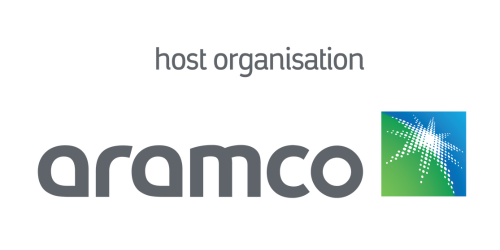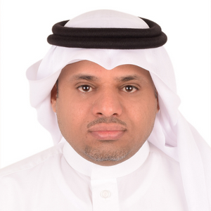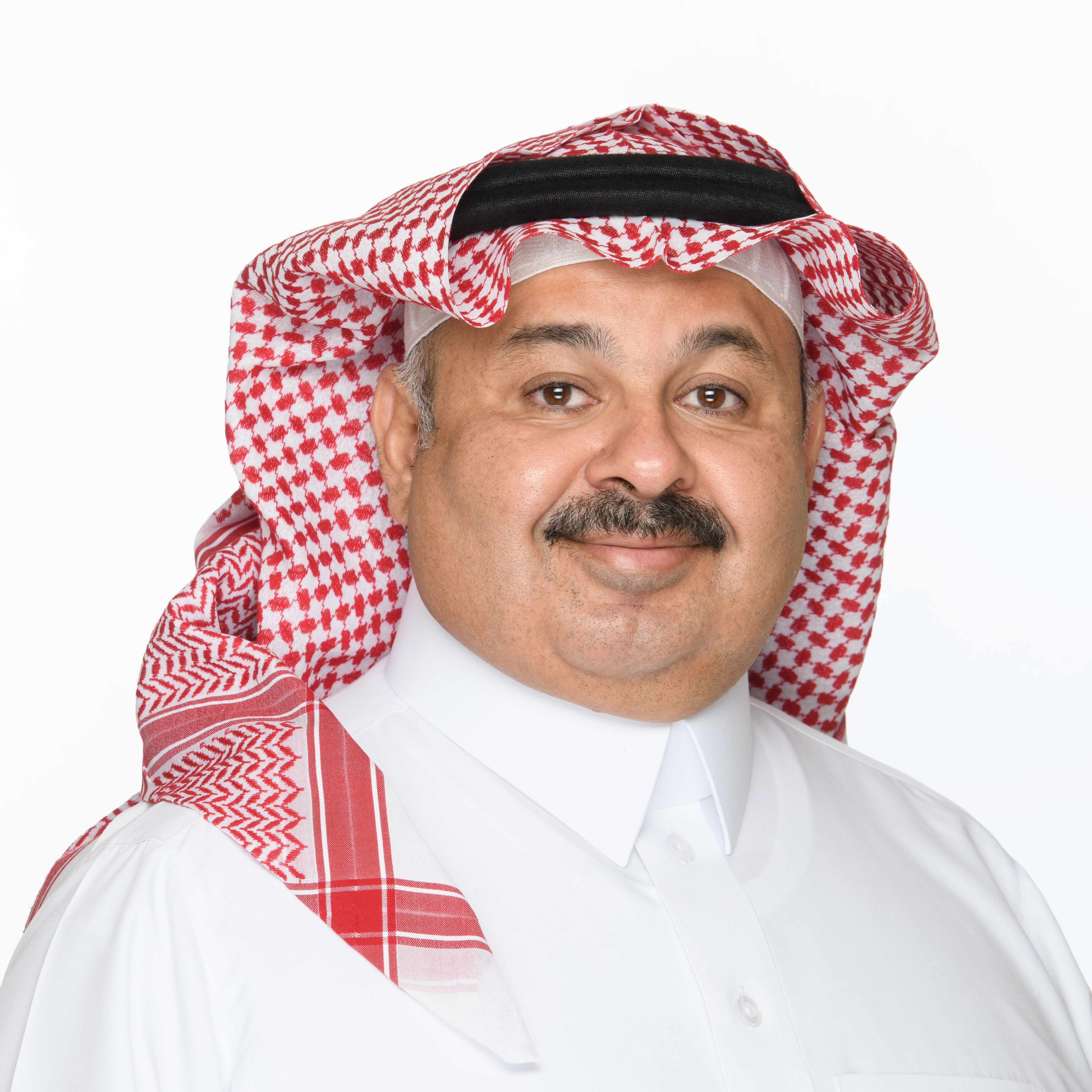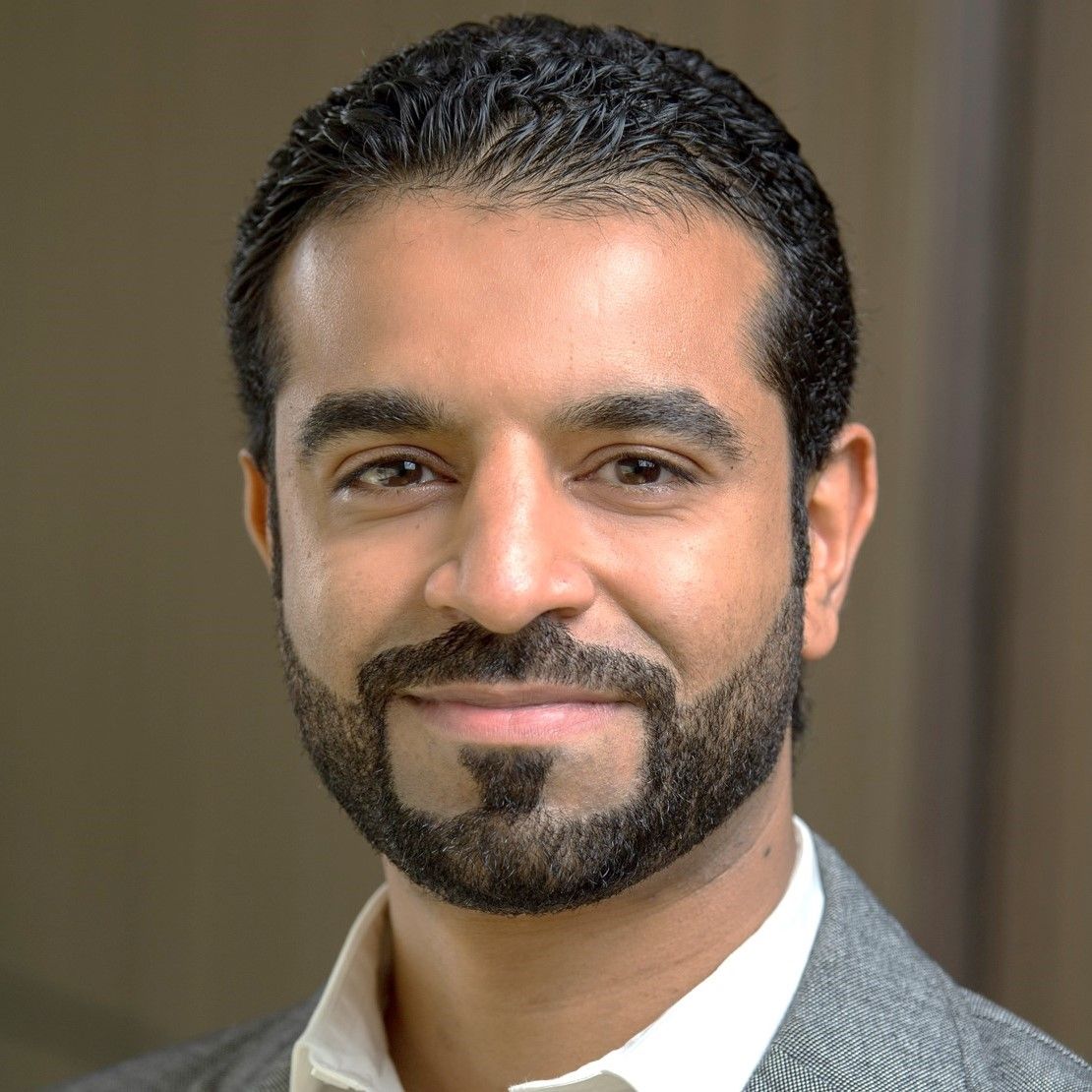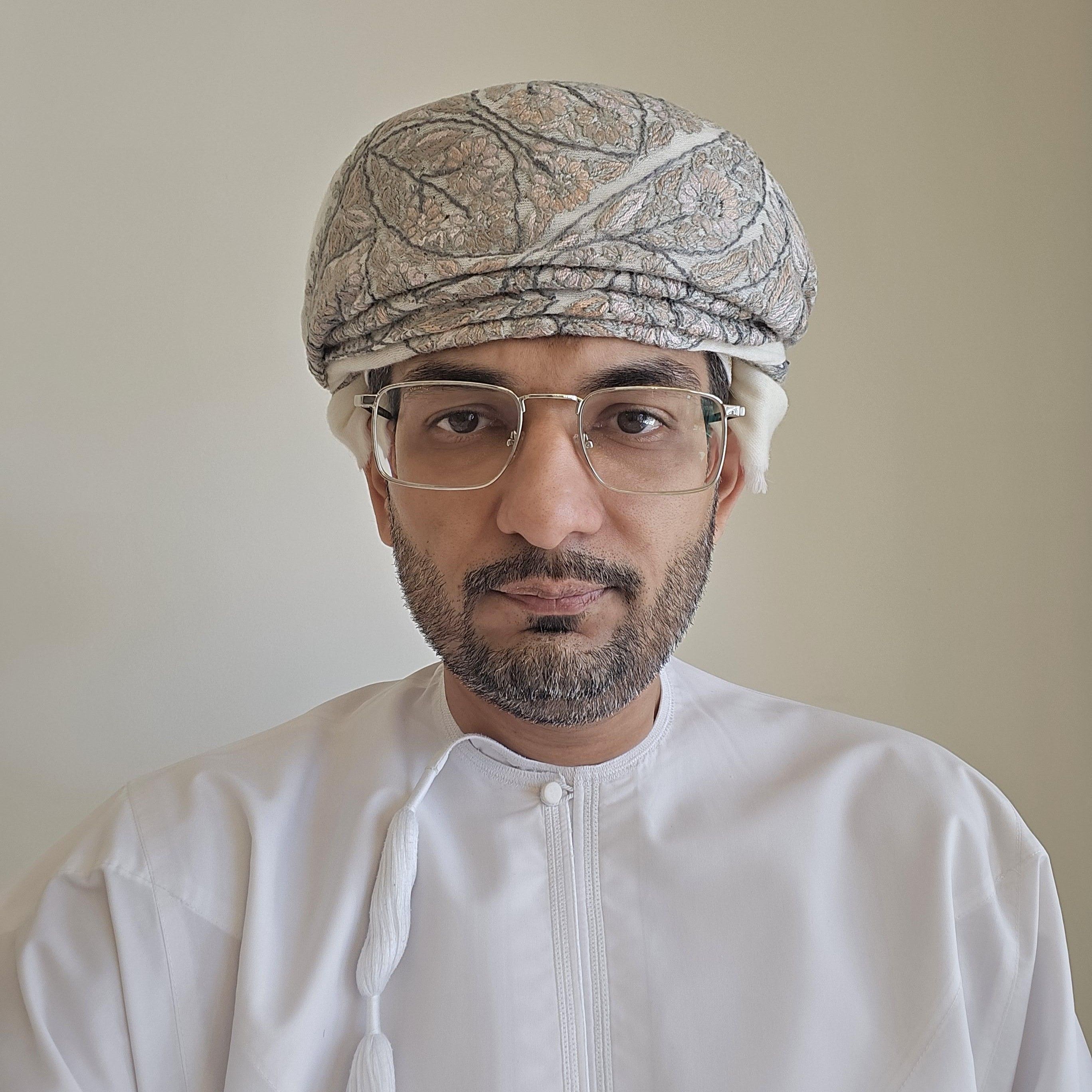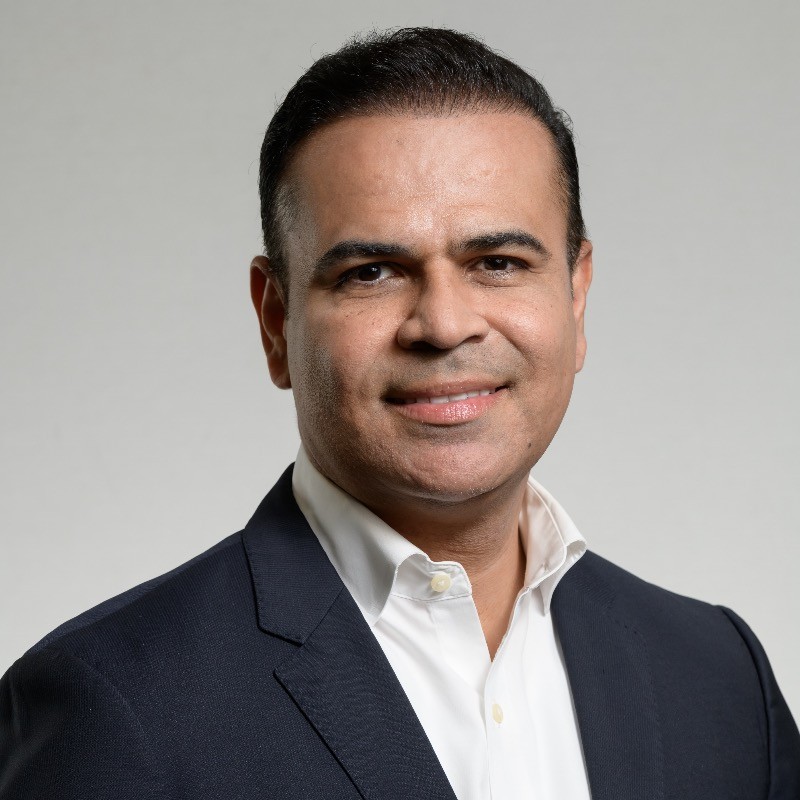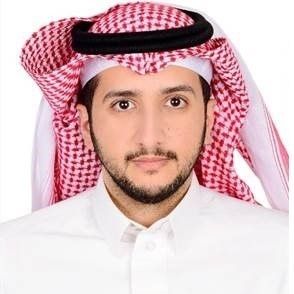-
540 mins
-
30 mins
-
10 mins
-
60 mins
- Executive Plenary Session
The dynamics of the energy market are becoming progressively more complex; events of the past few years like COVID-19, geo-political tensions, disruptions in supply chain, economic distress of the main global markets among other factors have increased the level of uncertainties for operating and investing in the industry which are fundamental to meet the growing global energy demand. In addition to this volatile landscape, there is a global consensus on the need for the Oil & Gas industry to become more sustainable to support the energy transition towards a cleaner environment. This current scenario demands a more critical decision-making process to finely balance these two objectives.
In this session, we will examine the latest outlook and trends of the energy market and the factors that are contributing to the continuing fragility and complexity of our industry. The session will provide the participants with a greater understanding of the challenges we are facing and ways to navigate them to ensure they support their organizations under a visionary economics analysis framework.
-
30 mins
-
90 mins
- Technical Sessions
The oil and gas industry faces a complex landscape of investment opportunities and technical challenges, with project economics and market valuations influenced by non-operational drivers. Understanding the current investment climate and identifying key drivers such as technological advancements, market dynamics, and policy shifts are crucial for optimizing returns through portfolio diversification, risk management, and innovative financing models.
Fiscal regimes and above-ground risks, including environmental concerns, and community relations, can create conflicting objectives between governments and operators, impacting project profitability and decision-making. Addressing these concerns requires fiscal stability mechanisms and supportive government policies.
Drawing on practices from both within and outside the industry, this session will present best practices, optimization techniques, and case studies, exploring the drivers behind various fiscal systems and above-ground risks, and their impact on project economics. The aim is to identify challenges and opportunities within the sector, ultimately guiding more informed and resilient investment strategies for sustainable growth and global energy contributions.
Chairperson
-
Grand Ballroom Foyer60 mins
-
90 mins
- Technical Sessions
Economic benefit is the core pursuit of oil companies in international oil projects.
With years of exploration and development, remaining Hydrocarbons are concentrated in areas that are difficult to exploit, like deep-water fields, scattered reservoirs, heavy oil, sour fields, tight formations, coalbed methane, etc. Various technologies have been developed and adopted including EOR/fracking and special vessels to reach a far field like FPSO. Meanwhile the average development costs are rising, and international oil prices fluctuate sharply. Based on all these factors, the economics of traditional oil and gas projects are facing greater challenges. There is a necessity to improve economic return from an asset by using refined management methods, more efficient economic evaluation, strategy optimization approaches or circular economy concepts allowing the re-use of the asset or of parts of it for other projects. One or a combination of those factors are required to reasonably assess the economic viability and to generate value from Oil and Gas Fields.
This session will analyze the sensitive factors of economic evaluations of these types of investments including cost estimation and economic parameter selection. The focus will be given to the challenges and mitigations related to economically improve an asset value by incorporating new technology/approaches into economic evaluation. Furthermore, we will share some excellent economic evaluation cases that will serve as a useful guide for project management in these situations.
Chairperson
-
30 mins
-
30 mins
- ePoster Presentations
Click to view the full eposter presentation schedule
-
Panel Session 1: Navigating the Energy Transition: Strategies for a Sustainable Oil and Gas Industry60 mins
- Panel Sessions
The oil and gas industry is at a critical juncture, facing increasing pressure to reduce its environmental footprint while meeting growing global energy demands. As the world transitions towards a low-carbon economy, companies must adapt and innovate to remain relevant. This panel session brings together industry leaders, experts, and innovators to discuss the latest strategies and technologies driving sustainability in the oil and gas sector.
Key topics:
- Decarbonization pathways: Exploring the role of renewable energy, carbon capture, and storage (CCS) and technology solutions in reducing emissions from oil and gas operations.
- Energy efficiency and digitalization: Leveraging advanced technologies, such as AI and IoT, to optimize production, reduce waste, and improve overall sustainability performance.
- Circular economy approaches: Implementing circular economy principles to minimize waste, reduce consumption, and promote recycling in oil and gas operations.
- Stakeholder engagement and social license: Building trust with local communities, investors, and regulators to ensure a socially responsible transition.
- Innovation and collaboration: Fostering partnerships and investments in emerging technologies, such as hydrogen, biofuels, and geothermal energy, to drive sustainable growth.
-
90 mins
- Technical Sessions
As the energy transition era progresses, emerging green energies are progressively invested on and new technologies, policies, markets and business environments are established. It is expected that at the beginning of this era, the scale of challenges is mounting high, and it is important to share learnings and address common issues as one industry. The sustainability of the green era via economic viability and even competitiveness against Oil based energy is essential.
The presentations in this session will highlight recent experience, learnings, pros and cons from recent trials. In addition, a new understanding with regards to emerging energies and associated technology will be gained to help share learnings and help progress similar opportunities more effectively in technical and economic sense.
Chairperson
-
15 mins
-
540 mins
-
15 mins
-
60 mins
- Panel Sessions
The accurate assessment and reporting of petroleum reserves requires a comprehensive approach that integrates technical, economic, and commercial evaluations. This panel session will discuss how economic and commercial evaluations are integrated with engineering and geoscience (G&G) assessments to provide a robust, reliable, and defendable reserves estimate. As well as discuss the upcoming update to the SPE Petroleum Resource Managed System (PRMS) guidelines
Key Topics:
- Integration of economics and commerciality into reserves assessment: Understand how economic and commercial evaluation are integrated with engineering and G&G assessment to provide a comprehensive reserves estimate.
- Best practices in economic and commercial evaluation: Sharing industry best practices and case studies on economic and commercial evaluation
- Defendable reserves estimate: Examining the importance of a defendable reserves estimates, and the role of economics evaluations in supporting reserves classifications and estimates.
- Sensitivity of reserves to economic parameters: Analyzing how changes in economic parameters can impact reserves estimates and classifications, and best practices for managing these sensitivities.
- Emerging trends and technologies: Examining the impact of emerging trends and technologies, such as AI and data analytics, on reserves assessment and reporting.
- The upcoming update to the PRMS guidelines: Discuss the upcoming update to the PRMS and potential implications on reserves assessment and reporting.
Chairperson
-
90 mins
- Technical Sessions
Economic benefit is the core pursuit of oil companies in international oil projects.
With years of exploration and development, remaining Hydrocarbons are concentrated in areas that are difficult to exploit, like deep-water fields, scattered reservoirs, heavy oil, sour fields, tight formations, coalbed methane, etc. Various technologies have been developed and adopted including EOR/fracking and special vessels to reach a far field like FPSO. Meanwhile the average development costs are rising, and international oil prices fluctuate sharply. Based on all these factors, the economics of traditional oil and gas projects are facing greater challenges. There is a necessity to improve economic return from an asset by using refined management methods, more efficient economic evaluation, strategy optimization approaches or circular economy concepts allowing the re-use of the asset or of parts of it for other projects. One or a combination of those factors are required to reasonably assess the economic viability and to generate value from Oil and Gas Fields.
This session will analyze the sensitive factors of economic evaluations of these types of investments including cost estimation and economic parameter selection. The focus will be given to the challenges and mitigations related to economically improve an asset value by incorporating new technology/approaches into economic evaluation. Furthermore, we will share some excellent economic evaluation cases that will serve as a useful guide for project management in these situations.
Chairperson
-
30 mins
-
30 mins
- ePoster Presentations
Click to view the full eposter presentation schedule
-
90 mins
- Technical Sessions
In today’s volatile and competitive oil and gas market, effective portfolio management and optimization are essential for sustaining growth and profitability. This session, "New Technologies for Portfolio Management & Optimization", highlights how emerging technologies are fundamentally transforming risk management, capital efficiency, and asset and resource management within the sector. These innovations provide companies with tools and insights that allow them to streamline capital allocation, manage risk more effectively, and enhance decision-making processes, leading to more resilient and optimized portfolios.
The session will explore how companies leverage these technologies for portfolio diversification, improved productivity, mergers and acquisitions, divestment strategies, and efficient resource management. By integrating advanced digital solutions, organizations can navigate market uncertainties, regulatory challenges, and budget constraints, turning them into opportunities for strategic growth. This comprehensive discussion underscores the impact of technology in driving more informed, efficient, and successful portfolio management strategies, setting a new benchmark for the energy sector's future.
Chairperson
-
Grand Ballroom Foyer60 mins
-
90 mins
- Technical Sessions
Data and data analysis drive decisions and investments. Although acquiring high quality data costs a lot of money, data analysis has been a challenge to the industry due to the high volume of data that traditional data analysis is not able to keep up with, and human brain cannot cope with the amount, complexity and daily flow of data. Artificial intelligence (AI) is used overcome the gaps in traditional data analysis and it has shown significant ability to cope with big flow of data and be able to pick trends and facilitate decisions.
In this session you will be to see examples of utilizing Artificial Intelligence applications and the positive impact it made on asset valuation.
Chairperson
-
30 mins
-
30 mins
- ePoster Presentations
Click to view the full eposter presentation schedule
-
90 mins
- Technical Sessions
As the energy landscape undergoes a rapid transformation, energy professionals face unprecedented challenges and opportunities. This technical session will delve into the essential technical, soft, and leadership skills required to navigate the complexities of the future energy economy. Exploring the technical expertise needed to evaluate and implement the latest advancements in energy technologies effectively. Discussing the importance of interpersonal, communication, and negotiation skills in fostering collaboration, building relationships, and influencing decision-making within the energy sector. Highlighting the role of leadership in fostering innovation and addressing emerging challenges and exploring the leadership qualities necessary to guide teams through change, adapt to evolving market dynamics, and drive sustainable growth.
Chairperson

